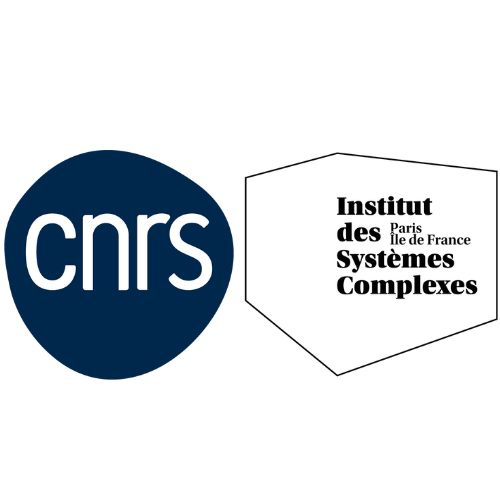A cell-based computational model of early embryogenesis coupling mechanical behaviour and gene regulation
Julien Delile, Matthieu Hermann, Nadine Peyriéras & René Doursat
Abstract
The study of multicellular development is grounded in two complementary domains: cell biomechanics, which examines how physical forces shape the embryo, and genetic regulation and molecular signalling, which concern how cells determine their states and behaviours. Integrating both sides into a unified framework is crucial to fully understand the self-organized dynamics of morphogenesis. Here we introduce MecaGen, an integrative modelling platform enabling the hypothesis-driven simulation of these dual processes via the coupling between mechanical and chemical variables. Our approach relies upon a minimal ‘cell behaviour ontology’ comprising mesenchymal and epithelial cells and their associated behaviours. MecaGen enables the specification and control of complex collective movements in 3D space through a biologically relevant gene regulatory network and parameter space exploration. Three case studies investigating pattern formation, epithelial differentiation and tissue tectonics in zebrafish early embryogenesis, the latter with quantitative comparison to live imaging data, demonstrate the validity and usefulness of our framework.



